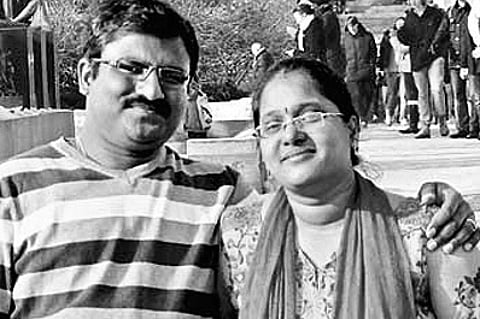

Bringing up children has never been easy; and modern life has made it more complex. Already, India is grappling with increasing media reports on children in distress — particularly suicides due to educational stress and failure, or corporal punishment in schools and homes. To make matters worse there have been reports about violence against children — ranging from ‘torture’ by ambitious and demanding parents and stressed out teachers to abuse by adults.
As if the complications were not enough, cultural differences between the developed west and the developing east add to the confusion. In fact, the recent controversy surrounding the Norwegian government’s seemingly drastic action against parents of Indian origin in two different cases has started a new round of debates.
Parenting and Norway Law
The first case related to a Norwegian court order that separated two children from their Bengali parents and sent the infants to foster homes. The shocking case that separated children from each other and their parents took a few twists and turns.
It all started in late 2010 with the Norwegian government child care service accusing Anurup Bhattacharya, working as a geoscientist in Norway, and his wife Sagarika of failing to bring up their children — a boy and a girl aged less than four and two respectively — as per Norwegian law and standards. One bizarre charge was that the boy slept with his father and not on a separate bed. Lack of space in the living room and the absence of toys, loud arguments and fights between parents in front of children, “force-feeding” the boy instead of convincing him to eat, were other charges. Finally in April 2011 the children were sent to the Indian home of their uncle (father’s brother).
In the second, more recent, case, an Indian software engineer and his wife — both from Andhra Pradesh — were sentenced to 18 months in jail for “abusing” their seven-year-old son in Norway. The child apparently had a problem of wetting his pants.
The government alleged the use of physical and mental violence, including burning the child with a spoon, hitting with a belt and threatening to send him away to India. The parents have denied the allegations.
The Debate
Parenting standards differ from one society to another. What is ‘abuse’ in Europe or America could be a ‘common and normal’ practice in Asian countries such as India.
Parenting is only now evolving into a science. In India it is based on culture and custom. In the west, it is has become a science. In India parents pick up parenting from their elders, while in the west they rely more on child care books, guides and manuals.
In India, the joint family system was prevalent until recently. Here parenting was a collective effort — involving parents, grandparents, uncles and aunts, teachers and even neighbours. In the west families are disintegrating. There are single parents, divorcees, step-parents and child care social workers, counsellors, psychiatrists, paediatricians, and teachers. A second aspect is the method of parenting. In the West the use of force or violence to discipline a child is illegal and socially unacceptable. Urban Indian parents too are averse to it. But definitions and degrees of violence vary. For instance, Indian parents often use mild and subtle threats which may be construed as ill-treatment or violence in the west. There are many who believe that sparing the rod will spoil the child.
The third aspect is the impact of urbanisation and globalisation. Working, urban parents have little time for their children. Children no longer benefit from the care of grandparents. After liberalisation, Indian society has become extremely competitive. Parents are driven to use unhealthy methods to force children to achieve not one but many unrealistic goals — educational, sports, and cultural. With globalisation, more and more parents are emigrating to western countries where they find themselves torn between two cultures, two social and legal systems. No doubt, the use of force by parents or teachers is wrong. At the same time positive parenting needs a lot of time, energy and patience, which working parents may not have.
The need of the hour seems to be moderation — between strong punishment and extreme pampering, between reckless freedom and total control, between setting unrealistic goals and an absence of purpose and goals.
The well-being and all-round development of the child should be the most important criteria.